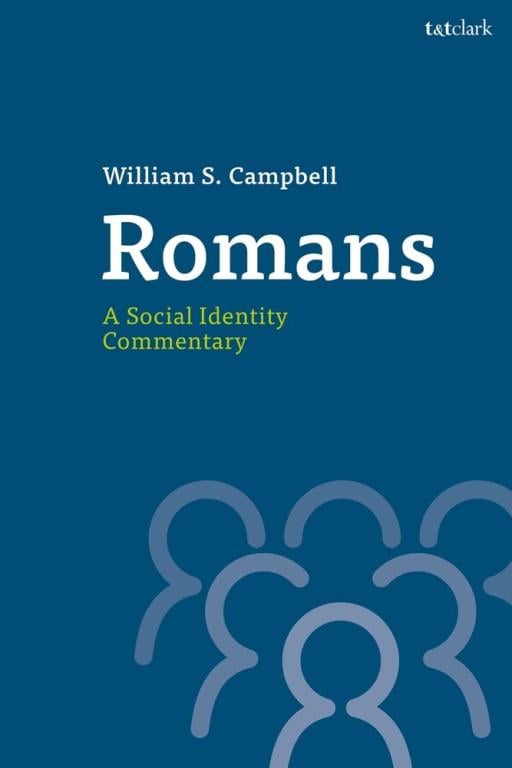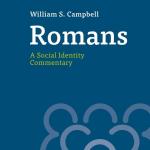Bill Campbell is right that the thesis statement in 1 .16-17 is certainly related to what comes before and after it. But Campbell wants to consistently translate the word ‘pistis’ as trust, which is only one definition on the spectrum of meanings of this word, and it can be doubted that is what it means in 1.16-17— ‘from pistis to pistis’ he translates as from God’s trustworthiness to human trust’ which is not unlike from God’s faithfulness to human faith.
In pp. 70-82, focusing on the idolatry aspect of Rom. 1.18-32, Campbell almost entirely passes over the strong critique of both homosexual and lesbian behavior as a natural outgrowth of idolatry. His translation shows he acknowledges what it says, and he does not resort to trying to explain the critique of same sex sexual behavior by trying to reduce it to something like cult prostitution or pederasty or sex with one’s slaves. That’s right because this critique is broader and more general in nature. Also Bill is correct that Romans. 2.1ff. is rightly seen as a continuation of 1.18-32, and is a critique of Gentile judgmentalism. But Campbell goes on to argue that 2.17 is also about Gentiles, this time those who ‘call themselves Jews’. This doesn’t work…. God-fearers did not ‘call themselves Jews’. Consider for example the inscription found in the seat in the theater in Miletus….. it reads. “τόπoς Ειουδέων τῶν καὶ Θεοσεβίον”the place for the Jews and the God–worshipers”. This inscription was made by Gentiles! So no. Gentiles didn’t go around calling themselves Jews, not least because there was rampant anti-Semitism in Roman culture (see the satires of Juvenal etc.. And in regard to the grammatical point, a middle/passive verb can be either middle (‘you call yourself…’) or passive ‘if you are called a Jew’). Here it is likely the latter. Someone else is calling them a Jew, and rightly so. This part of the passage is about a Jewish teacher who is also critiqued like the Gentile teacher— in both cases for judgmentalism (even less likely is Wright’s suggestion that the one who has the Law written on their heart is a Christian). No Paul actually believes that pagans, created in God’s image do have a conscience which is a form of a moral principle or guide internally. This is why he says in Rom,. 1.18-32 that the pagan knows the reality and power of the Biblical God which is evident in all of creation, but has exchanged that truth for a lie. You can’t exchange something you never had. So again— they have an inkling of the reality of God and are responsible for what they do with what they know. But, Paul does not believe that only Gentiles ‘have sinned and lack God’s glory,’ as Rom. 3ff. makes evident.













